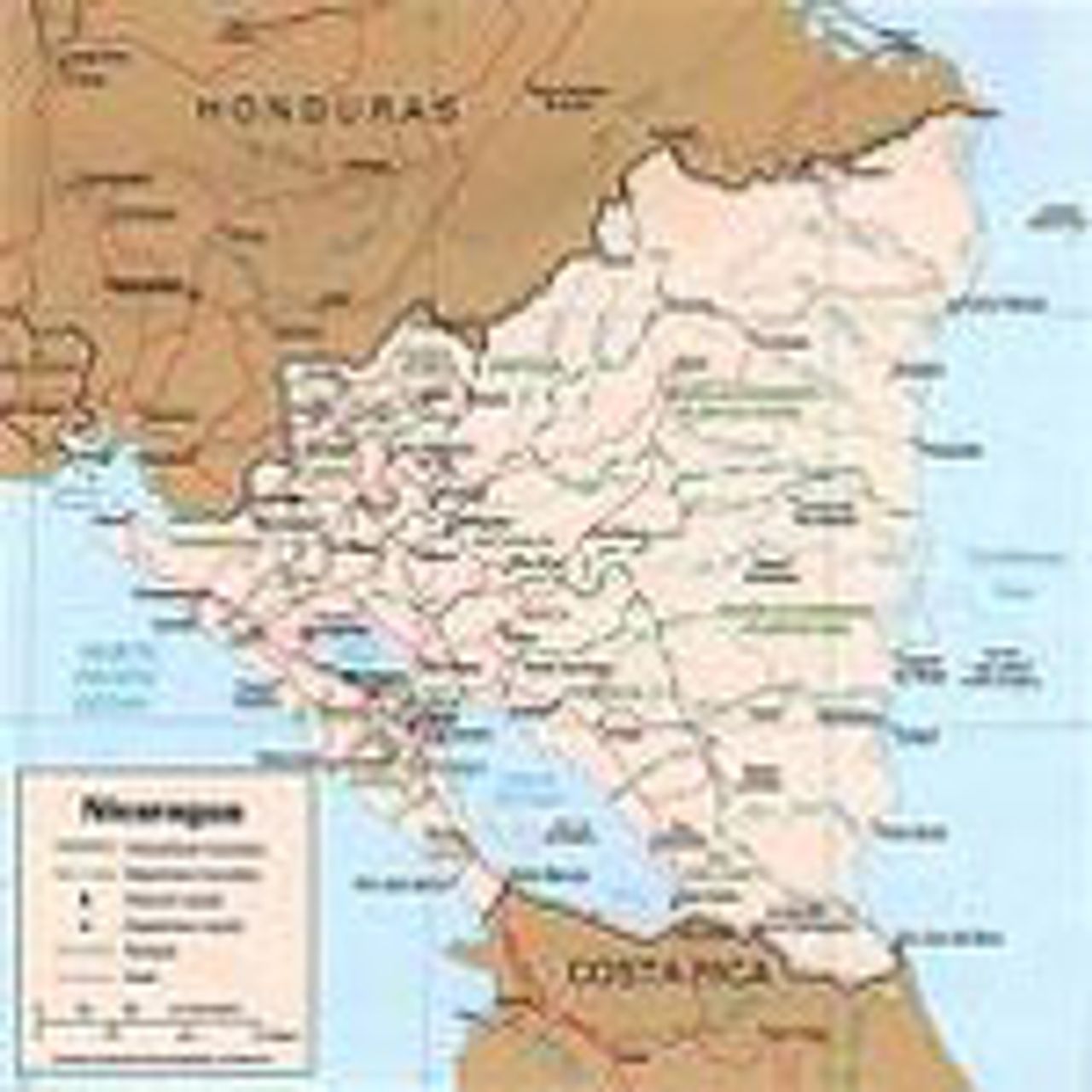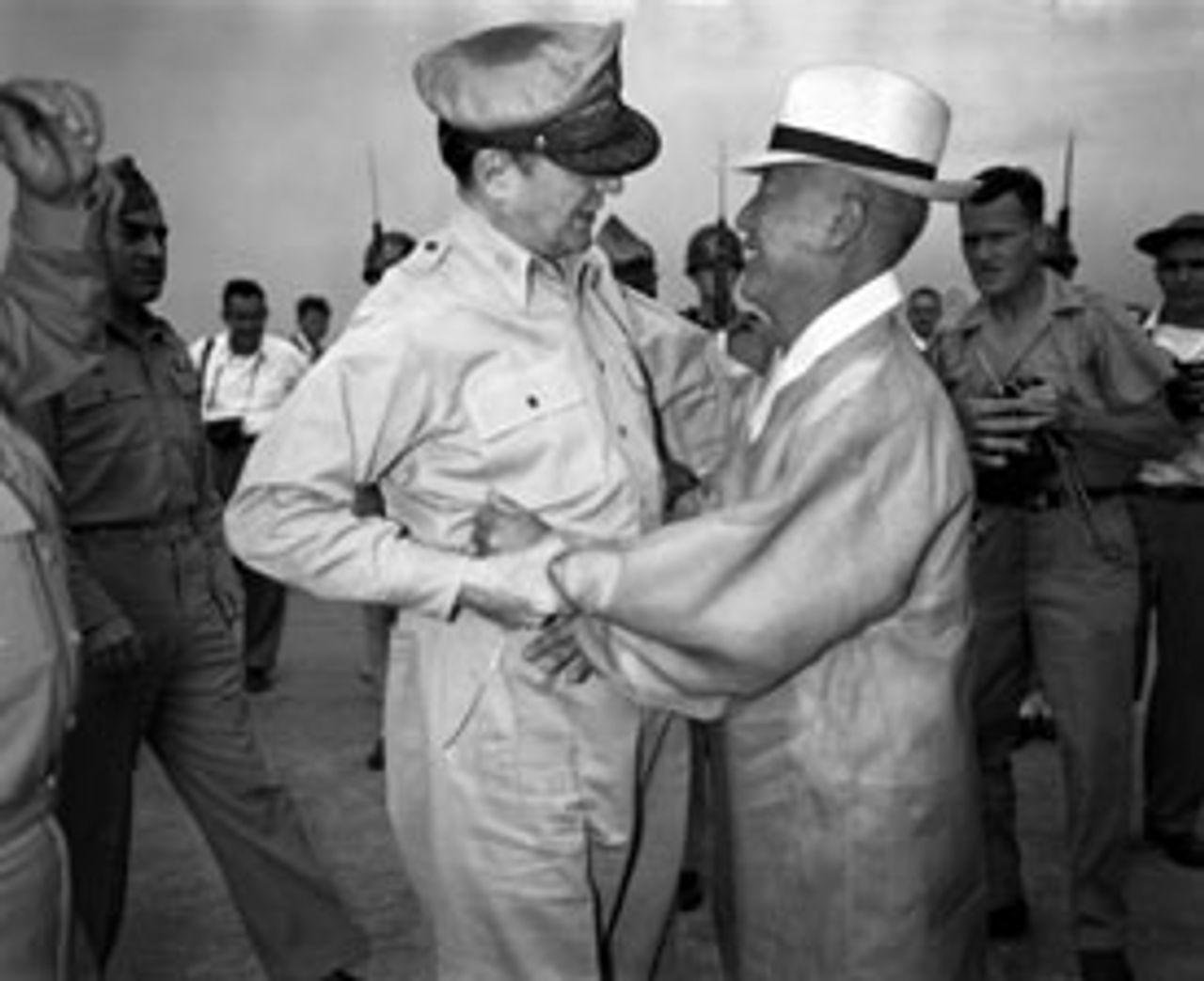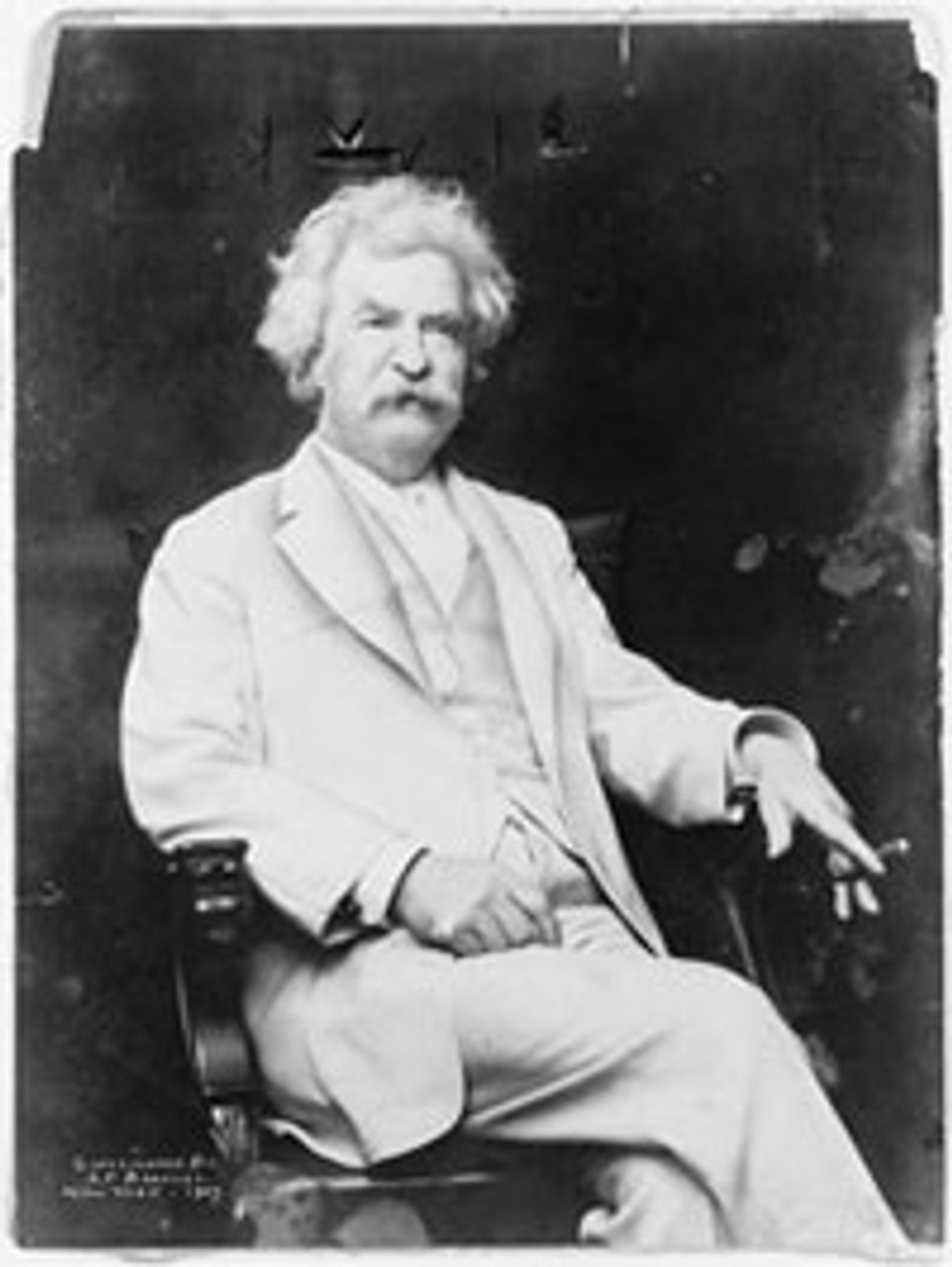This Week in History provides brief synopses of important historical events whose anniversaries fall this week.
25 Years Ago | 50 Years Ago | 75 Years Ago | 100 Years Ago
25 years ago: US House rejects aid to Nicaragua Contras
 The US House of Representatives voted to block any form of aid for the right-wing Contra militia that was waging a terror campaign against Nicaragua’s Sandinista government. The Reagan administration’s request for $24 million in non-military aid had been approved by the Senate, after the administration backtracked from earlier requests for military aid in a bid to secure passage.
The US House of Representatives voted to block any form of aid for the right-wing Contra militia that was waging a terror campaign against Nicaragua’s Sandinista government. The Reagan administration’s request for $24 million in non-military aid had been approved by the Senate, after the administration backtracked from earlier requests for military aid in a bid to secure passage.
The House’s rejection of the bill was not driven by concern for Nicaraguan civilians, who were subject to hideous crimes perpetrated by the US-backed Contras. Sections of the ruling class instead feared that Central America could prove another Vietnam, drawing the US into another quagmire, discrediting US foreign policy, and provoking mass popular opposition in the US and internationally.
The Reagan administration indicated it would not abide by the decision, with Secretary of State George Shultz lamenting “restraints we impose upon ourselves.”
50 years ago: Rhee dictatorship collapses in South Korea
 Syngman Rhee embracing General MacArthur
Syngman Rhee embracing General MacArthurin 1944
Mass riots and protests resulted in scores of deaths and the collapse of the US-backed dictatorship of Singman Rhee in South Korea this week in 1960.
The rioting began on April 11 after the body of a student protester murdered by police was found by a fisherman. Riots erupted and spread from Masan in the south, defying bans on public gathering and bloody repression from security forces—carried out with US backing.
The scope and tenacity of the protest movement began to erode the position of Rhee, with powerful elements in the South Korea and the US gradually withdrawing support, beginning on April 19, in the hope that a change in leadership might forestall revolutionary developments.
Rhee responded by sacking his cabinet on April 20 and declaring he would limit himself to a ceremonial role. The next day he said he would quit the ruling Liberal Party, and by week’s end he said he would call a new ballot and resign “if the people wish.” Early the next week he was spirited away from Korea by a US plane, and the day after his vice president committed suicide.
75 years ago: Earthquake devastates Taiwan
 Taiwan earthquake
Taiwan earthquakeOn April 21, 1935, a magnitude 7.1 earthquake struck Taiwan. The deadliest earthquake in the island’s history, the disaster claimed 3,276 lives. There were 12,053 people injured in the quake and 17,907 homes destroyed. As many as 250,000 people were believed to be left homeless.
The quake’s epicenter was located in Sanyi, Miaoli. Just 12 seconds after the initial quake, an aftershock registering 6.0 on the Richter scale struck Hsinchu County.
The disaster completely overwhelmed the island, then ruled as a Japanese colony. Resources for rescue and recovery efforts were scarce. Hospitals were filled to capacity and there were reports of thousands of injured lining the roads, lying on makeshift stretchers. Entire villages, such as Toyohara, were completely wiped out, with none of their buildings able to withstand the force of the earthquake.
An overwhelming majority of the quake victims were poor and working class Taiwanese, many of whom lived in simple huts and mud buildings in villages that were difficult to access by relief workers. Compounding the severity of the disaster, the quake struck in the early morning hours before many had left home for work.
100 years ago: Mark Twain dies
 Mark Twain
Mark TwainSamuel Clemens, better known by his pen name Mark Twain, died on April 21, 1910, bringing to a close the life of one of the most important US writers and an entire epoch of American literature. As a novelist, humorist, and essayist, Twain gave to American literature a fully distinctive voice, building on the likes of Hawthorne, Melville, and Whitman.
Twain’s works were suffused with an intimate knowledge of the racial, regional, and class complexities of US life, yet were characterized by simple, direct language rich in irony. No doubt this had much to do with the breadth of Twain’s own experiences.
Born in 1835 in Missouri, then a slave state, Twain worked as a union typesetter, a newspaperman, a miner, and a steamboat pilot, and lived at various times in St. Louis, Cincinnati, New York City, Philadelphia, San Francisco, Buffalo, Connecticut, the “wild west” of 1860s Nevada, and, of course, up and down the Mississippi River in the years before the Civil War, experiences that informed his masterwork, The Adventures of Huckleberry Finn.
Twain moved freely in different social worlds as well, gaining knowledge of slaves, artisans, pioneers, prospectors, socialists, European aristocrats, robber barons, scientists, and the best writers of the day. Both as writer and public figure, Twain was a critic of the existing order, declaring, “I am said to be a revolutionist in my sympathies, by birth, by breeding and by principle. I am always on the side of the revolutionists, because there never was a revolution unless there were some oppressive and intolerable conditions against which to revolt.” Late in life he emerged as the foremost opponent of US imperialism and its atrocities in the Philippines.
